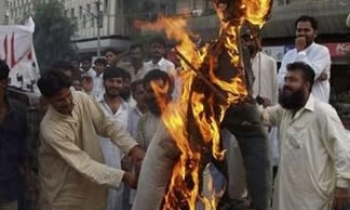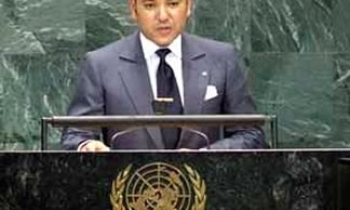Two South African technicians were back in a Harare court on Wednesday to face charges of contravening Zimbabwe's media laws, the South African Press Associaiton (SAPA) has reported. Abdulla Gaibee and Sipho Maseko were granted bail of 200-million Zim dollars on Monday but were only released from police custody on Tuesday as they were unable to immediately pay the amount, said Ebrahim Gaibee, brother of the former.
"He [Abdulla] is staying in a hotel in Harare and definitely doing much better," said Gaibee adding that his brother had received further medical treatment for bronchitis. He said he did not know if Maseko had returned to hospital, where he had been treated for high blood sugar levels, relating to his diabetes.
The men, working for the South African satellite company GlobeCast, were arrested on March 27 at the Harare International Conference Center, where they were broadcasting a press conference given by the minister of information, according to news reports and the Media Institute of Southern Africa.
Maseko, a freelance cameraman, and Gaibbe, a satellite technician, were detained on charges of practicing journalism without accreditation, according to GlobeCast CEO Alan Hird.
On Friday, Magistrate Stephen Musoni ordered authorities to release the men and return their passports after state prosecutors did not show up for court hearings in the case, said defence lawyer Wilbert Mandinde. Police reinstated the charges within hours—adding a count of obstruction of justice—but the men have remained free on bail. They are due in court again this week. Maseko was taken to a hospital in Harare on Sunday for treatment related to diabetes and high blood pressure.
A New York Times reporter Barry Bearak faces trial Thursday for practicing journalism without accreditation. Briton Stephen Bevan, a freelance journalist with London's Sunday Telegraph, faces similar charges.
Zimbabwe’s restrictive journalist accreditation law, the Access to Information and Protection of Privacy Act, has been used to block international and some local reporters from covering the elections, CPJ reported on March 27. Since 2005, Zimbabwean authorities have used the accreditation law six times to jail foreign journalists and censor coverage.









